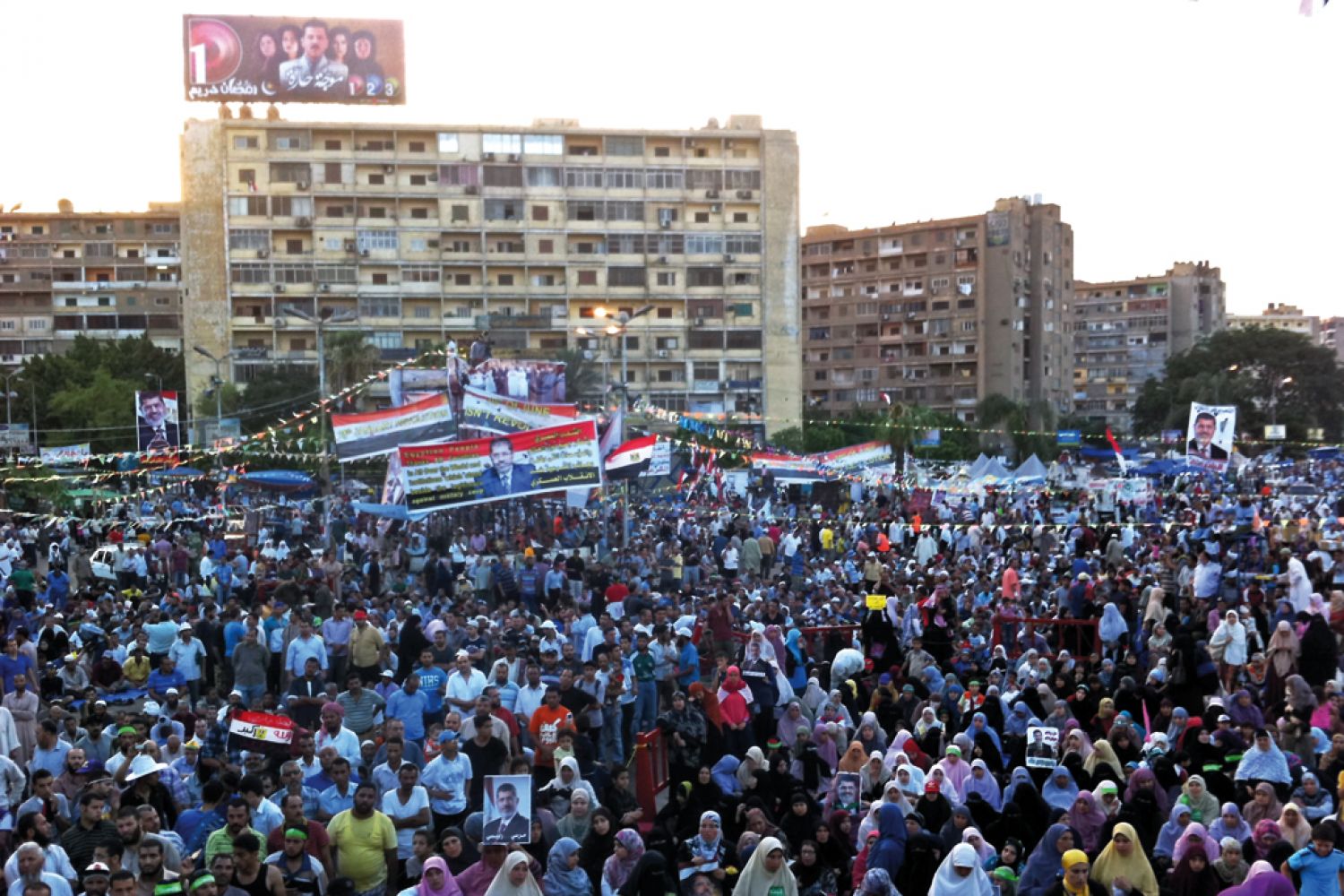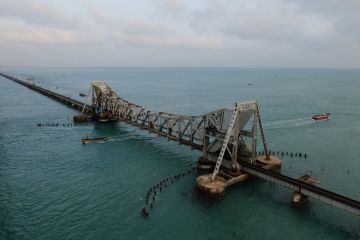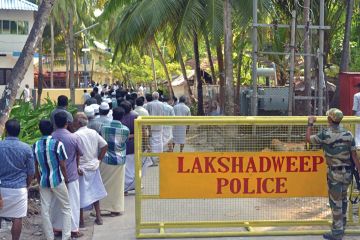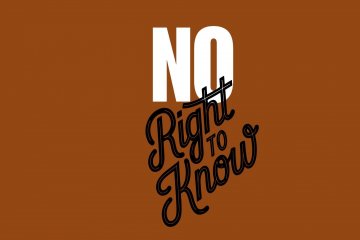
Rahma wanted to know
the truth. There were so many versions being peddled. Television said one
thing, Facebook another. Twitter made the truth mutable, ever transforming it,
making it a slave to the hashtags of the enthusiasts. “Everywhere they debate
if it’s a coup. Who cares? What’s next?” she told herself. She had her version
too, arrived at the old-fashioned way. It lay in the pages of the three
notebooks she had filled since the revolution began in 2011. Scrawled in
Arabic, in





